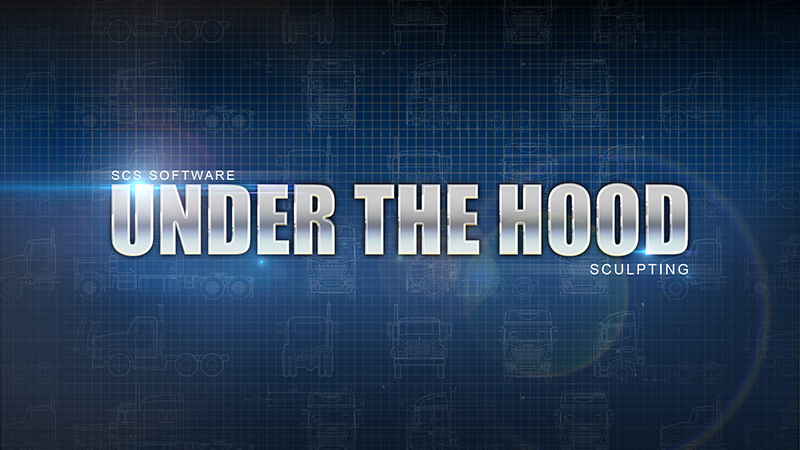/cdn.vox-cdn.com/uploads/chorus_image/image/69840516/Screen_Shot_2021_09_10_at_12.25.26_PM.0.png)
Apple cannot prohibit developers from steering app users to third-party payment means, under a permanent injunction ordered by a federal judge on Friday. The ruling is a significant victory for Epic and other developers who have found the App Store’s terms onerous and unmerited.
Apple cannot prohibit developers “from including in their apps and their metadata buttons, external links or other calls to action that direct customers to purchasing mechanisms,” said Judge Yvonne Gonzalez Rogers of the Northern District of California.
The Epic Games vs. Apple lawsuit began a little more than a year ago when Fortnite’s iOS version implemented a new means of buying in-game currency, which circumvented Apple’s payment system. The App Store’s terms of use forbade such payment schemes, mainly because Apple takes a 30% cut of all sales through the App Store, in-app purchases included, with few exceptions.
Quick read of Apple decision is that Apple “won” by not being held a monopoly, but Epic “won” by being allowed to direct players to the Epic store as alternate payment system
Bottom line: Epic won
This ruling can (and will) be appealed, so we may have to wait a bit for changes
— Michael Pachter (@michaelpachter) September 10, 2021
In August 2020, Epic Games deliberately flouted Apple’s rules (even offering the purchases at a discount) apparently to trigger the legal action brought the day after Apple kicked Fortnite out of the App Store. Epic also sued Google with similar claims of antitrust violations when Fortnite was taken off the Google Play Store. (Apple’s countersuit against Epic alleged the company purposefully breached its contract.)
Polygon has reached out to Epic Games for comment. When the company brought the suit last summer, it did so with a messaging campaign that parodied Apple’s view of itself and said Epic was fighting for fair marketplace competition on behalf of “hundreds of millions of consumers and tens of thousands, if not more, of third-party app developers.”
“At the most basic level, we’re fighting for the freedom of people who bought smartphones to install apps from sources of their choosing,” Epic Games founder Tim Sweeney said at the time, “the freedom for creators of apps to distribute them as they choose, and the freedom of both groups to do business directly.”
In a statement to The Verge, Apple called the ruling a victory in that Rogers “affirmed what we’ve known all along: the App Store is not in violation of antitrust law.
“Apple faces rigorous competition in every segment in which we do business, and we believe customers and developers choose us because our products and services are the best in the world,” the company said. “We remain committed to ensuring the App Store is a safe and trusted marketplace.”
Friday’s injunction comes two weeks after Apple announced the settlement, pending approval, of a separate class-action lawsuit brought by app developers. In that agreement, the company will allow iOS developers to contact their customers using information collected by their apps, and tell them about payment options other than the App Store. Apple will also pay $100 million to the plaintiffs, a group comprising small developers who had accounts with Apple between 2015 and 2021.


